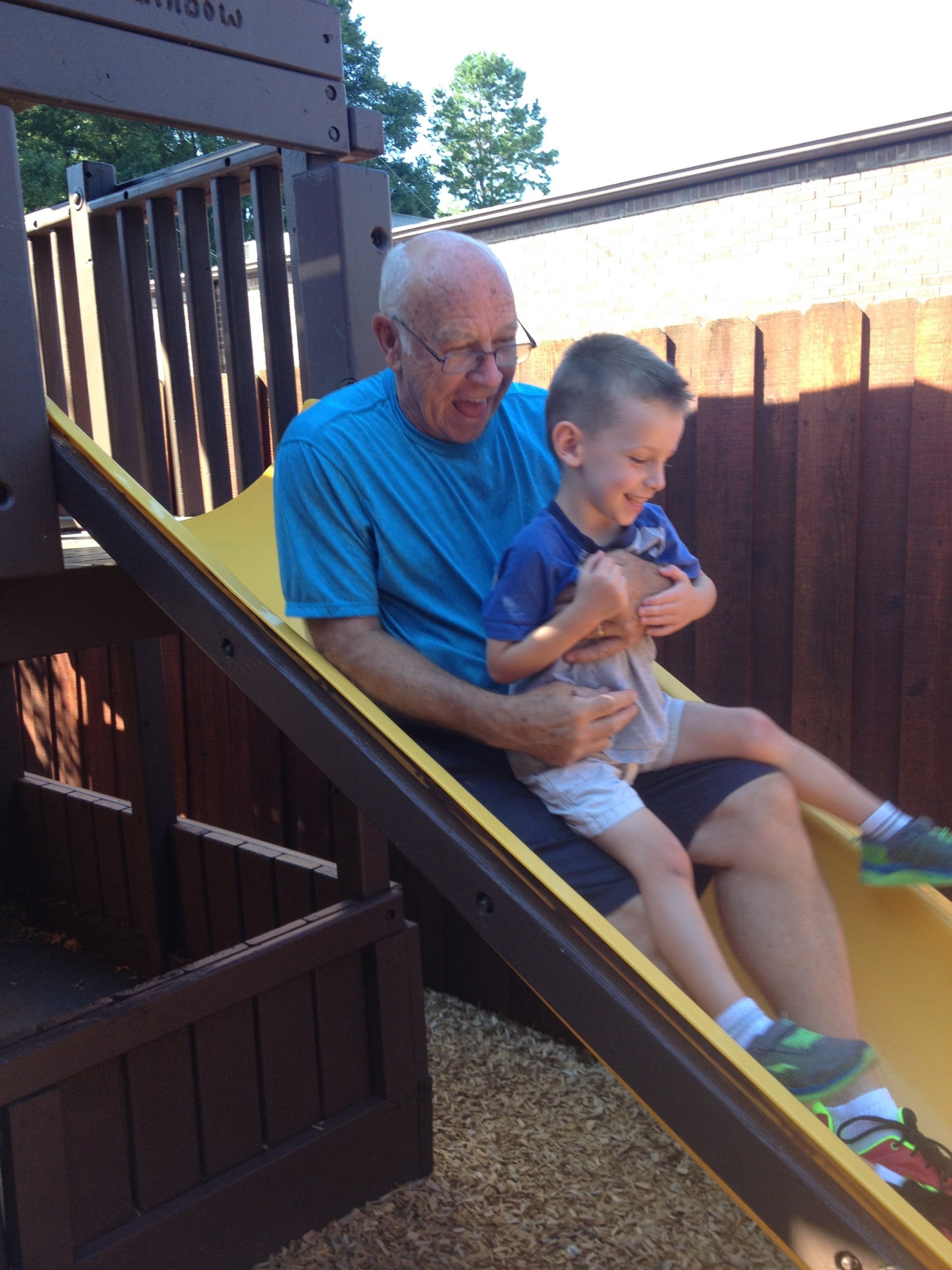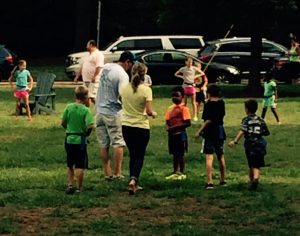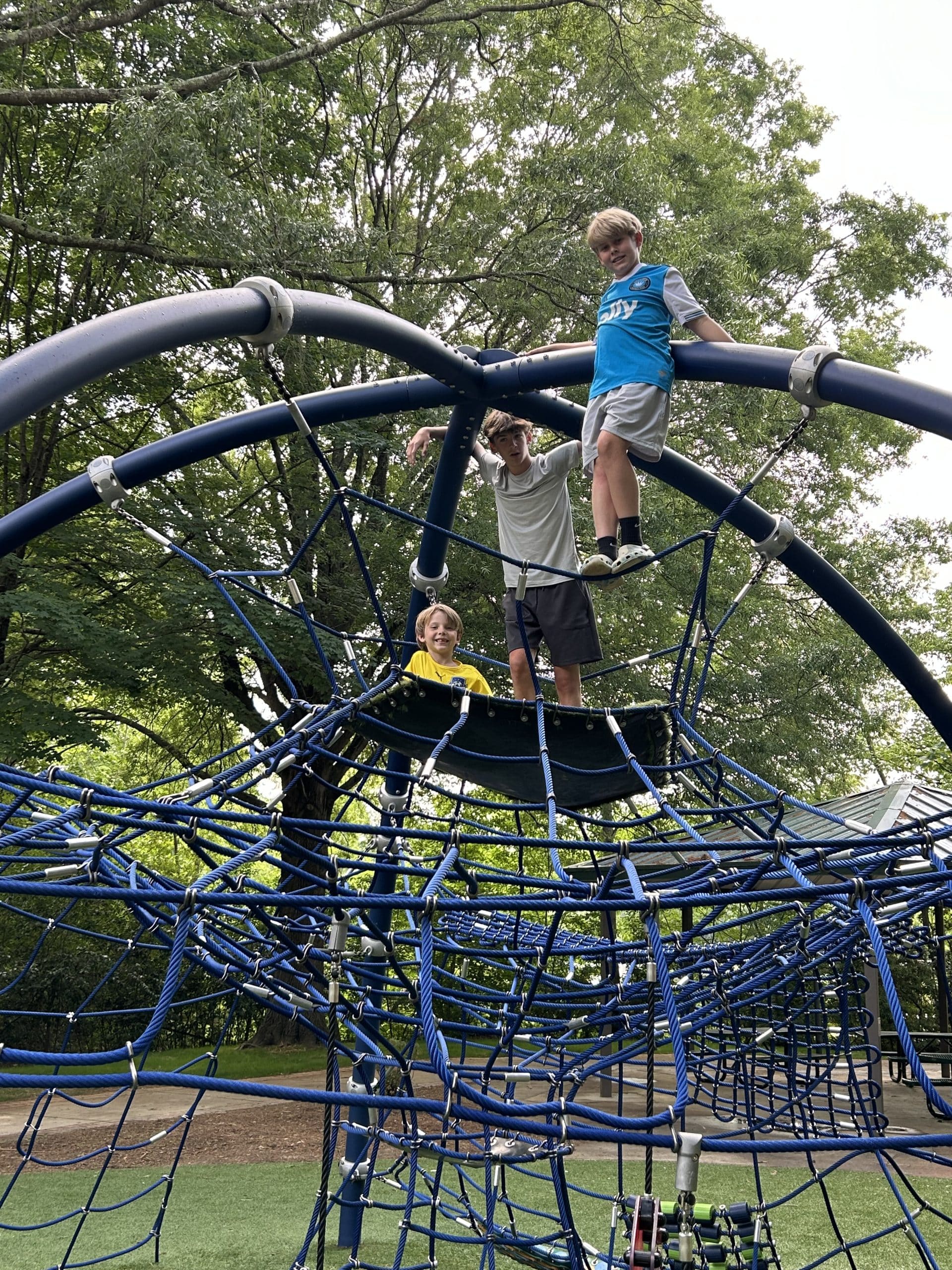Do you know if you are helicopter parents? What triggers the actions of parents that hover? Helicopter parents think they are setting a path for a child’s future success – but are they? A study conducted by the North Carolina State University Department of Parks, Recreation and Tourism observed about 27,000 children in 20 parks. It showed the more parents hover over a child’s playtime, the more inactive the child became.
Helicopter parents hover over their children. The term refers to a style of parenting. They are over concerned and over focused on the success of their children. They take too much responsibility for their child’s experiences, successes, and failures. It is “over parenting” through over protecting, and over perfecting.
The term is mostly geared towards parents of high school or college-aged students. Parents complete tasks the student is capable of doing alone. However, the label applies to parents of any child. With a toddler, the parent might constantly shadow the child and redirect the behavior. They rarely allow time for the child to be alone. These parents are selective of teachers, coaches, friends, activities, and even school projects.

Who Are Helicopter Parents?
Helicopter parents usually come from affluent communities. They try to ensure their children’s success and try to protect them from disappointment, failure, and hardship. Some identifying features of a helicopter parent:
• They use the word ‘we’ when talking about their child.
• They argue with teachers, principals, coaches, and umpires all the time.
• They do the student’s homework.
Parents hover because they fear the child will have dire consequences. They need to intervene when the child does not make the team, excel, or make friends. They also hover because they fear the child will not find a job or have a stable future. Pressures from other parents that hover make them feel they need to do the same.
Consequences
Whatever the reason for becoming a helicopter parent, realize that it will eventually backfire. Children get the message that the parent doesn’t trust them. Confidence begins to diminish or never fully develops. Coping skills are undeveloped because a parent is always there to fix a problem. Children become young adults that feel entitled. They do not feel accountable for their actions.
Parenting is an extremely difficult job and your style of parenting has much to do with the child’s future. There is always a need to keep one eye on your child. Children need to problem solve, struggle along the way, feel disappointment, and even fail. Being there without hovering to help them through problems will make them resilient. Letting children do tasks they are physically and mentally capable of doing is the best parenting skill there is.
![]()


